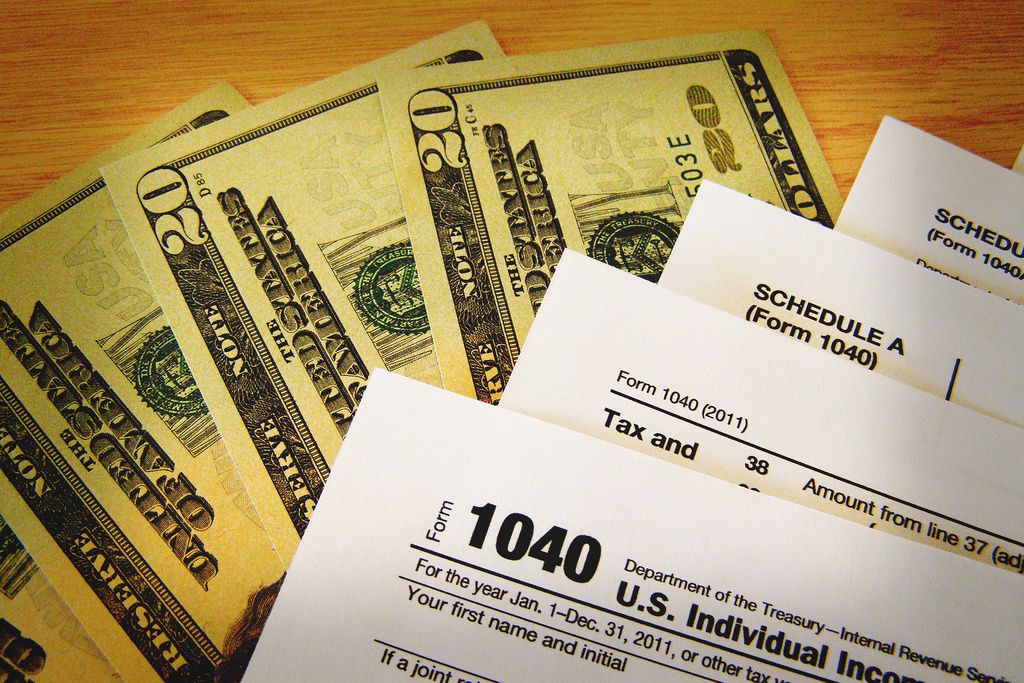
UNDER THE WIRE: last-minute tax scams
While you’re rushing to file your taxes, scammers are scheming to take advantage of your procrastination.
What they lack in morality and integrity, tax scammers have replaced with moxie and invention.
They’ve conjured up two new tax scams — both utilizing unexpected tax refunds — that the Federal Trade Commission (FTC) said are last-ditch efforts to rip off your tax returns:
- THE “ROD & REEL” REFUND. “Identity thieves file a fake tax return and have the refund deposited into your bank account,” wrote Colleen Tressler, consumer education specialist for the FTC, in a news release. “The thieves then contact you, often by phone, and — posing as the IRS or debt collectors for the IRS — demand you return the money to the IRS. But following the thieves’ instructions actually sends the money to them.”
- THE IRS “BLACKLISTING.” This is a version of the “rod and reel” in which after you receive the bogus refund, you get an automated call. The voice on the recording claims to be from the IRS. He or she threatens you with criminal charges, an arrest warrant and what Tressler described as a “blacklisting” of your Social Security number. “The caller gives you a case number and a telephone number to call to return the refund,” Tressler wrote. You’re really sending the money to the scammers.
“One of the latest scams is targeting tax preparers,” said Debbie Hylander, owner and chief CPA for your #WiseChoice in tax preparation, planning and business consulting: Hylander CPA Firm, PLLC. “(The scammer is) filing fraudulent returns for all (the preparers’) clients and having the refund sent to the taxpayer, either by check or direct deposit to their bank account. The criminal then contacts the taxpayer saying the refund was deposited in error and should be returned, not to the IRS, but to the criminal.
“If this happens to you, don’t cash the check if received in the mail. Contact the IRS and return the check. If direct deposited to your bank account, contact your bank to see if they can return the funds.”
The IRS has set step-by-step guidelines on how to handle unexpected tax refunds that may be scam bait, whether they are direct-deposited or checks sent by mail. Follow the agencies guidelines here.
Copyright 2018 Wise Choices TM. All rights reserved.
andy wise, consumer investigator, ftc, hylander cpa, irs, tax refunds, tax returns, tax scams, trust andy wise, wise choices